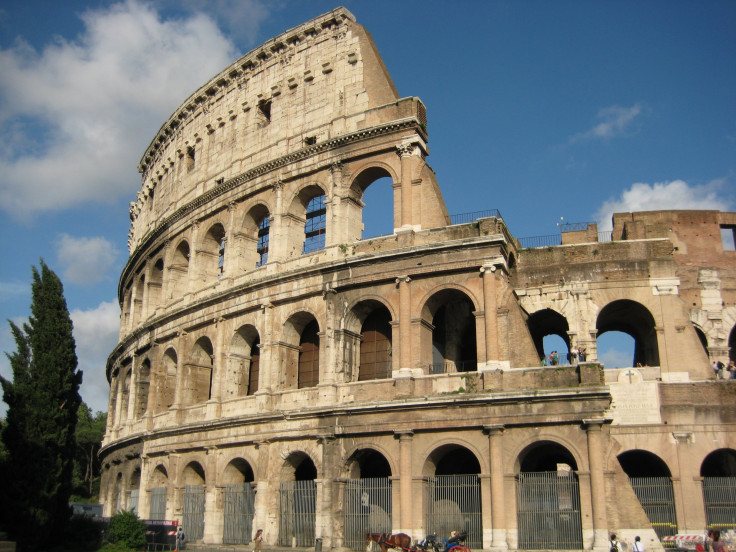Italy Joins The Worldwide Halal Food Explosion

Italy is known all over the world for its fine cuisine, which is studied, admired and imitated. So when dozens of international state representatives gathered in Rome last week, it was quite naturally to talk about food and also Islamic law.
At the World Halal Food Council, leaders from 57 states of the Organization for Islamic Cooperation met in Italy for the first time, and pronounced plans to make the country a hub for Shariah-compliant food production in the region. Italy is just the latest non-Muslim majority country to notice the potential of a market that’s growing more than 15 percent every year.
“We are willing to invest in Italy, which we want to see become the hub of the halal market in the Mediterranean,” Saudi sheik Fahah Alared, a member of the Committee for Islamization of Banks, said in a statement.
“Malaysia, the largest halal market in the world, will make its experience available to Italy, which will become the leading halal hub in Europe,” he added.
To be classified as halal, food products must conform to standards of Islamic law, or Shariah, a concept similar to the Jewish dietary law of kosher. Halal must not contain any pork or alcohol products, and all livestock must be slaughtered in a specific way that involves a quick cut of the throat while the animal is alive, meant to be a quick and humane method.
Shariah rules can also be applied to other products such as clothing, medicine and cosmetics.
The industry is now worth billions worldwide and is growing fast.
A few hundred Italian companies are already halal certified. If the country is to become such a center, expansion will be done through Islamic finance, an industry worth $1.7 trillion last year and growing at more than 17 percent annually, according to a report from Ernst & Young.
The world’s Muslim population is estimated to be around 1.6 billion, with a majority observing the rules of halal.
Though Islamic countries are still top producers, non-Muslim states are getting in on the opportunity.
Brazil for instance, is the world’s second largest exporter of meat to Muslim countries, topped only by the United States.
“Food business is big business,” Mark Napier, director of an annual food trade show based in Dubai, told the Associated Press last month.
“Producers are increasingly aware of the need for halal standards and certification and bringing that to the fore of their export promotions,” he said.
© Copyright IBTimes 2024. All rights reserved.






















